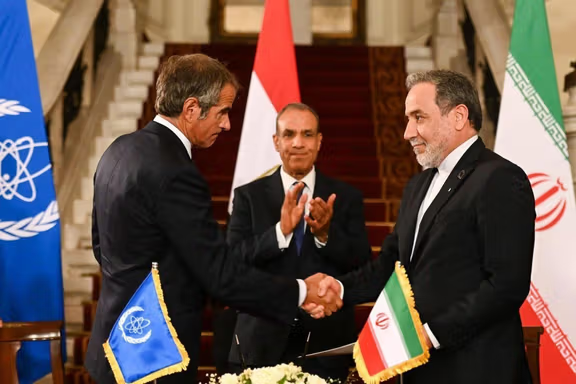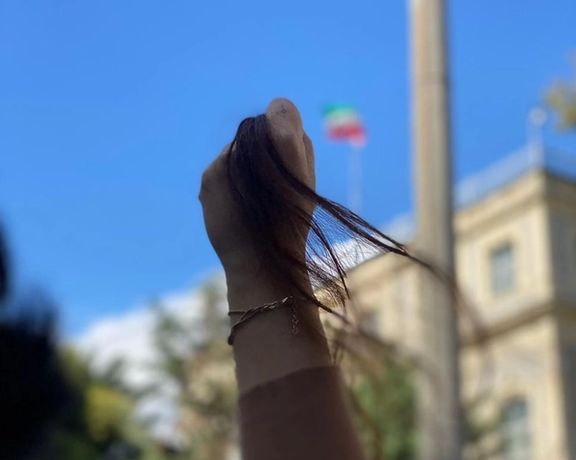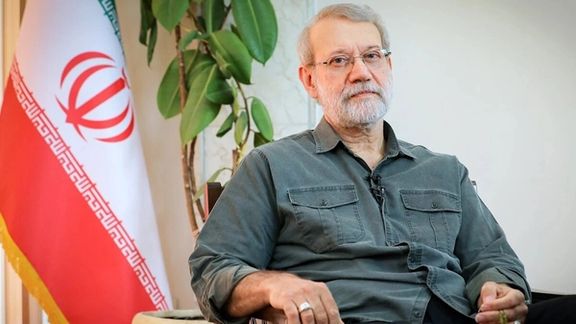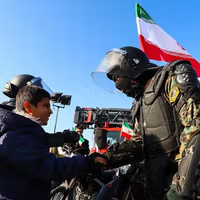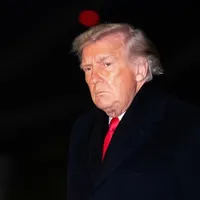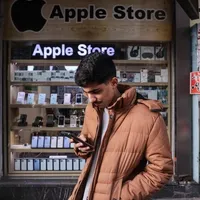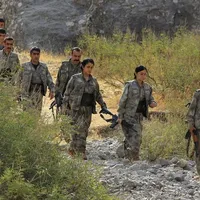The scrambled messaging suggests deep disagreement on Iran's diplomatic path forward as renewed UN sanctions loom by months-end and arch-foe Israel continues to moot military attacks to chasten Tehran.
Negotiated by Foreign Minister Abbas Araghchi, the Cairo deal addressed an impasse between the UN nuclear watchdog and Tehran after the latter refused to let inspectors resume work following surprise US and Israeli attacks on Iranian nuclear sites in June.
While ultra-hardliners warn it risks national security, supporters insist the agreement reflects careful diplomacy rather than a threat to sovereignty.
Iranian lawmakers convened an emergency meeting with Araghchi on Saturday to review the agreement.
The Supreme National Security Council released a statement shortly after the session announcing that the deal aligns with its nuclear committee’s prior approval, emphasizing that submission of reports on facilities targeted by US and Israeli attacks, and any further operational procedures, would require SNSC authorization.
“While the government emphasizes the legal frameworks and the Supreme National Security Council’s approval for the agreement with the IAEA, ultra-hardliners are using media campaigns to try to disrupt the decision-making process,” independent news outlet Rouydad24 wrote.
Supremo stamp sought
“Araghchi claims he has authorization from the Supreme National Security Council to negotiate (with the IAEA) … and (claims) that the council’s decisions are also endorsed by the Supreme Leader,” hardline MP Ahmad Bakhshayesh, a staunch critic of the IAEA deal and the 2015 nuclear agreement, told Rouydad24.
Mojtaba Zarei, a member of parliament’s National Security and Foreign Policy Committee, posted on X that Araghchi “has acted fully within the country’s legal and strategic framework, and never unilaterally.”
His negotiations, Zarei added, have followed the Supreme Leader’s policies, the Supreme National Security Council’s guidance and recent parliamentary laws, without exceeding his authority or granting IAEA inspectors unrestricted access.
NPT in the crosshairs
Ultra-hardliner lawmakers, having recently passed a high-priority bill that could lead to Iran’s withdrawal from the Nuclear Non-Proliferation Treaty (NPT) and halting cooperation with the IAEA, continue to challenge the agreement.
Hamid Rasaei, an ultra-hardliner lawmaker, insisted in a video posted on X that contrary to what Araghchi told lawmakers, the deal could not block the reimposition of UN sanctions under the snapback mechanism.
“If this agreement bypasses the law, involves violations, or represents a deviation, we will uphold and defend the law,” another ultra-hardliner lawmaker, Eshareh Azizi, threatened.
Ultra-hardliners also say the agreement risks exposing sensitive nuclear sites.
“Technical agreements with the IAEA could be used as a cover for intelligence gathering, preparing the ground for a new attack on Iran, and creating a legal-political framework to increase sanctions pressure,” Kayhan newspaper funded by the Supreme Leader’s office alleged in an editorial on Monday titled “Europe Will Not Lift Sanctions, Don’t Be Deceived by the IAEA”.
The editorial suggested that leaving the NPT “remains one of the (most) viable options to change the game in Iran’s favor.”
IRGC outlet defends the deal
But a commentary by Basirat, an outlet affiliated with the IRGC’s political bureau, described the Cairo agreement as “a vital achievement in managing the nuclear file at its most sensitive juncture” and “a success.”
“The agreement prevented a new resolution against Iran and created breathing space for continued negotiations,” the commentary titled “Cairo Deal: Redefining Iran's Relations with IAEA” asserted.
Noting that the agreement distinguishes targeted nuclear facilities from others, allowing Iran to manage oversight and safeguard security concerns, it concluded that the deal can be seen as “a valuable opportunity to reduce tensions and return to the path of dialogue.”
